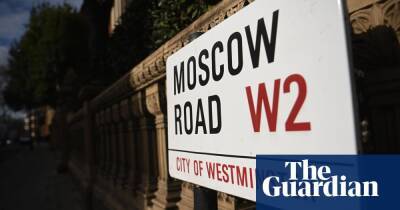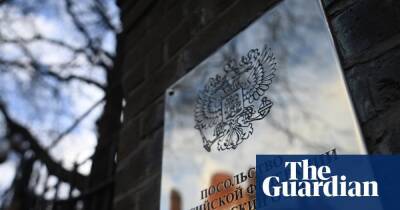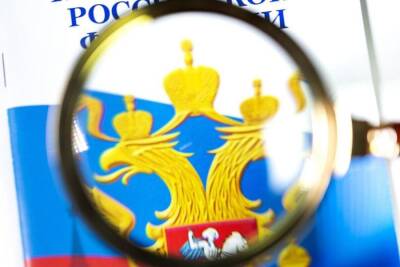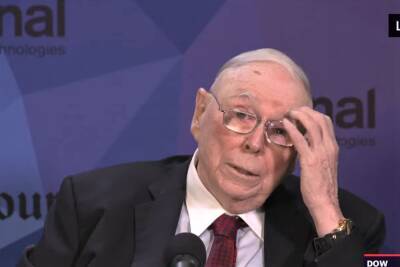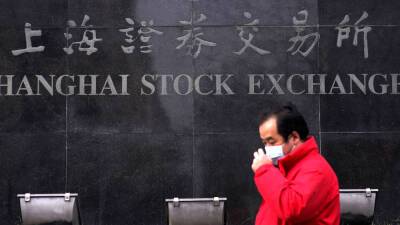The Guardian view on ending ‘golden visas’: too little and too late
In government, words come cheap, but it is deeds and actions that count. Judged by the threats that Boris Johnson and his ministers make against Russia over Ukraine, you might think that Britain is fully equipped to turn its warnings into deeds. Not so. When it comes to something British ministers really could control, however, like targeting the assets of Kremlin-backed oligarchs and staunching the flows of Russian-tainted money laundered through the City of London, the rhetoric runs into the sand. In this sphere, Mr Johnson’s government does the exact reverse of what is needed. It speaks loudly, but it carries a flimsy stick.
Now, there is some prospect of action. The UK is reported to be ready to abolish its “golden visa” regime within weeks. But why so late? And how effective will this reform really be now? The fear is that it is too little, too late and too ineffectual, and that it will prove another underresourced performative stunt designed to create an impression, not achieve a material economic goal.
The investor visa scheme, launched in 1994, under which foreign nationals must show they have at least £2m ready to invest in the UK, has been one of the keys to opening up Britain as a safe haven for dirty money from Russia – and from elsewhere too (in 2021 more than twice as many golden visas were issued to Chinese nationals than to Russians). The scheme did not just bring in money. It became the seedbed for an industry of UK enablers – including lawyers, accountants, estate agents, security specialists and lobbyists – to help integrate Russian oligarchs and others into many levels of British life, including the Conservative party. Some of the golden visa scheme’s conditions were tightened in 2015 and 2019.
There has
Read more on theguardian.com

